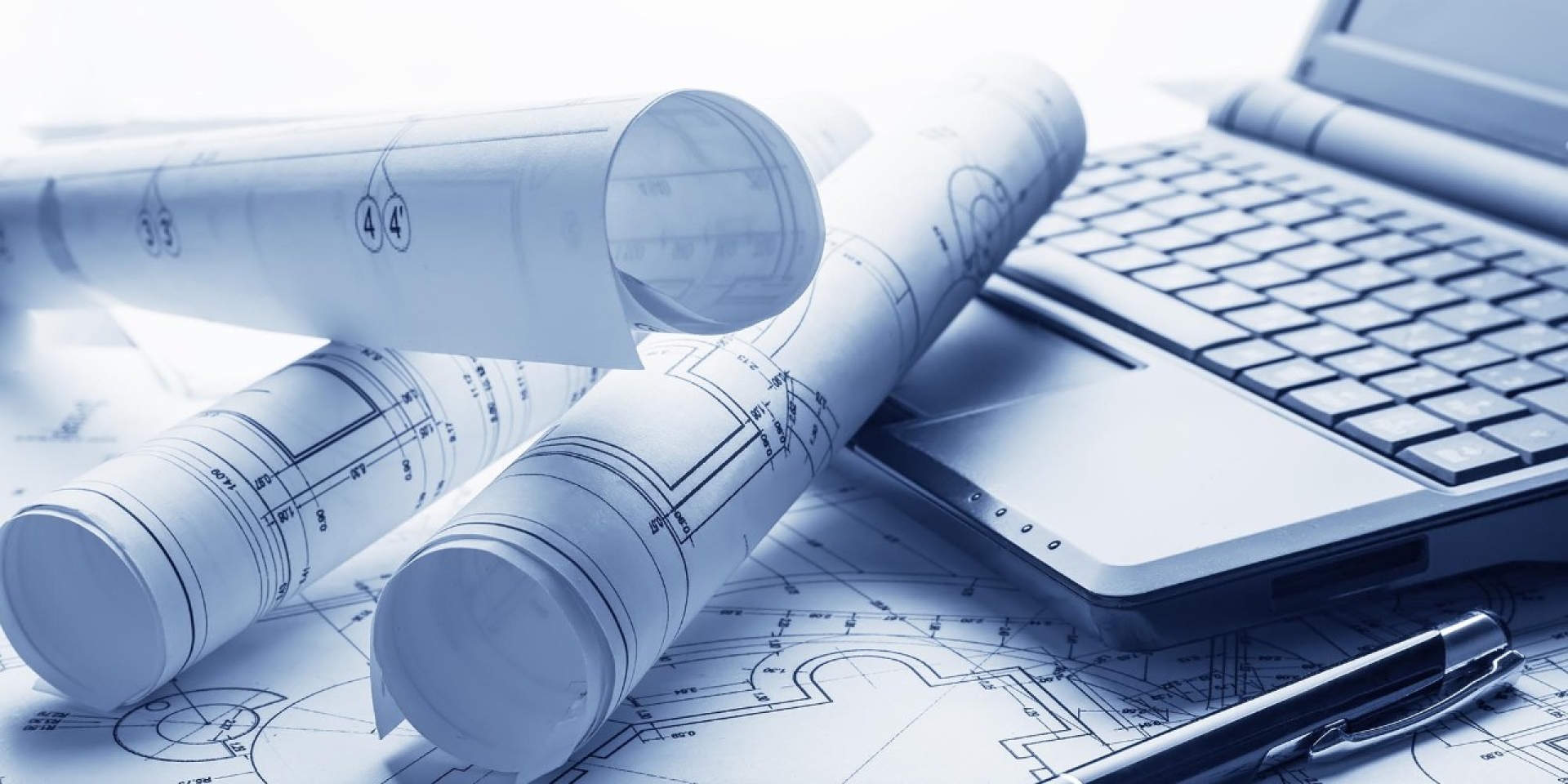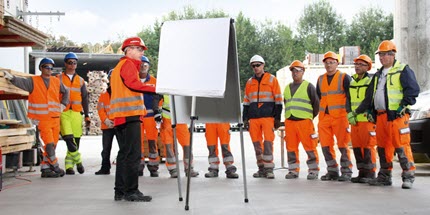PROACTIVELY MANAGING OUR ENVIRONMENTAL IMPACT
Caring for the environment – part of our Champion 2020
strategy
We act in accordance with the principles of the circular economy, which is the opposite of the old “take, make and dispose” industrial model. This means we keep resources in use for as long as possible, extract the maximum value from them whilst in use, then recover and repair or recycle products and materials at the end of each service life. We ensure our tools are durable, so they last longer; we ensure we use environmentally friendly resources in the production process; and we ensure that our tools as well as our fastening and protection products can be recycled, and some parts even reused.
|
|
|
|
|
INTERNATIONAL
COMMITMENT |
CLEAN-TEC |
ISO
STANDARDS |
|
We are proud to be signatories to UN climate change
initiatives. |
Our own label, which strives to achieve a low impact
on the environment and support all green building standards |
Certifications we have gained in environmental
management. |
|
|
|
|
Conserving a precious resource We conserve water in our production processes and day-to-day operations in many ways: from preventing leaks to creating closed water usage cycles and improving water treatment. |
Avoiding waste Our approach to
cutting waste starts with implementing eco-design principles in our product
development process to avoid unnecessary production waste and also includes
waste management at all of our sites. |
Driving out hazardous substances In both our
eco-design and sourcing processes, we ensure that hazardous materials are
minimised as far as possible. |
Ecological targets across our entire value chain.
Customers
Our commitment is aimed at enabling our customers to build greener buildings and reduce their environment impact.
Global tool service
In our worldwide tool service centre network, where our tools are maintained or repaired, we focus on the following aspects: energy, water, repair and reuse, recycling.
Research and development
Our research and development centres in several counties take into account our eco-design principles that incorporate factors including energy use during usage time, less hazardous substances in the products, durability and serviceability and repairability.
Supply and production
The environment impacts within the international network of Hilti plants, joint venture and suppliers are in the areas of energy, water and waste.
The environment footprint in warehousing and transportation within the company network is influenced by energy, waste and water.
Sales
The main driver of the eco-balance of our direct sales force, with approx. 200’000 customer interactions per day is focused around daily optimisation of fuel consumption and managing their time around their daily 50 km radius zones to keep their carbon footprint minimal.
Delivery
Optimise
the delivery services, with full orders for outbound and more bulk packaging
options for customers and consumable cabinets for project sites to reduce
carbon footprint of daily consumable deliveries.
MORE ABOUT HILTI


